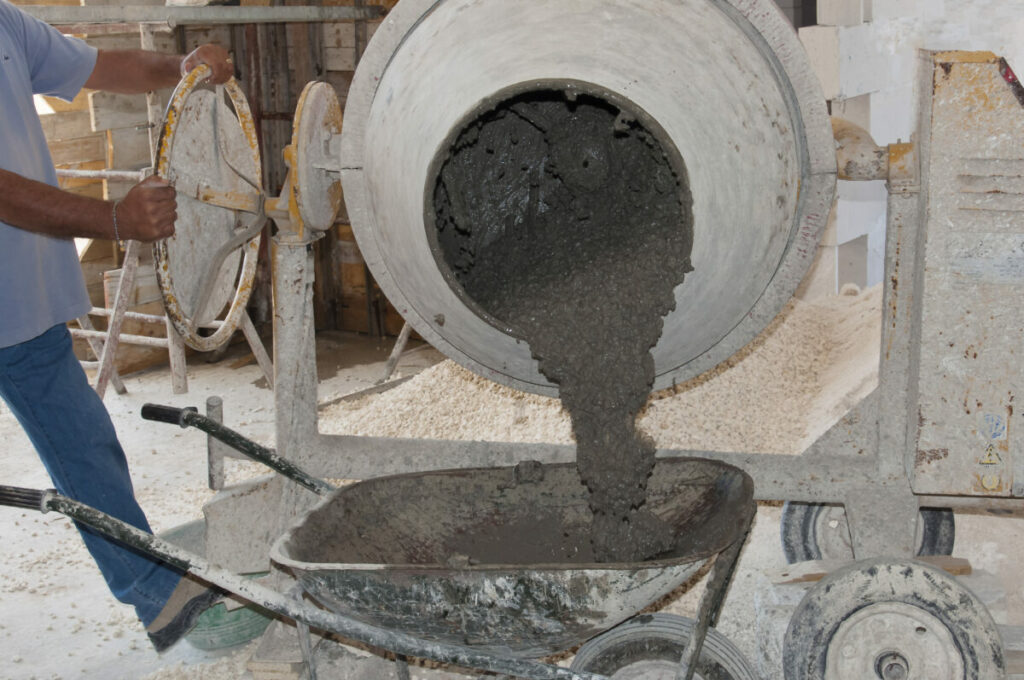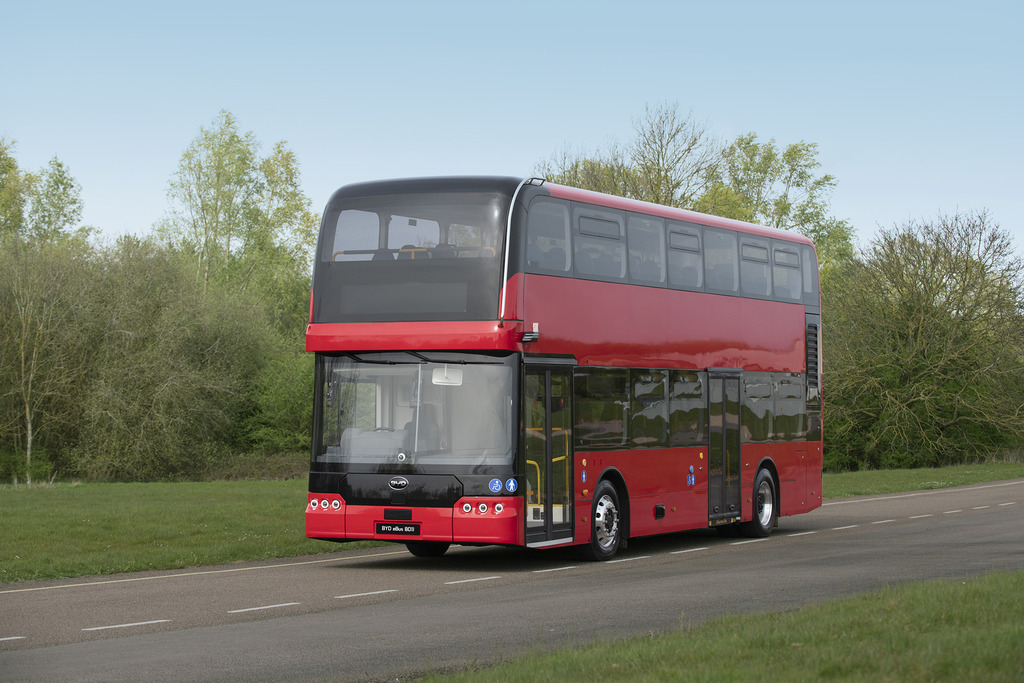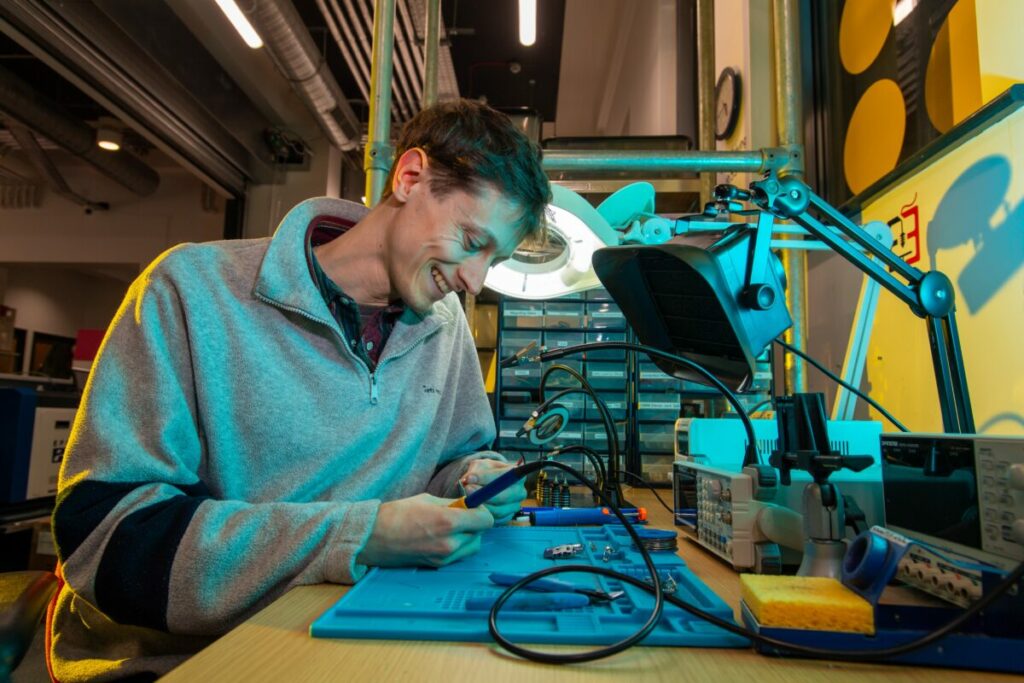More than 20% of easyJet’s fleet now use a more fuel -fficient technology named NEO, as the airline took delivery of its 67th Airbus A320neo Family aircraft this month.
The move is a key milestone in the company’s net zero strategy, as the A320neo aircraft use around 15% less fuel than their equivalent predecessors and have up to 50% noise reduction at take-off, landing and while taxiing.
As the airline continues its fleet renewal programme, older Airbus A320ceo Family aircraft will be phased out over time and replaced by the new technology aircraft.
A further 164 A320neo airplanes are currently on order, in addition to the 67 already delivered.
Subscribe to Sustainability Beat for free
Sign up here to get the latest sustainability news sent straight to your inbox each morning
Based on current delivery plans, A320neo will make up 25% of easyJet’s overall fleet by October of next year, with 19 deliveries expected by the end of 2024 and a further 27 in 2025.
easyJet chief operating officer David Morgan said adaptation of efficient technology is the “single biggest contributor to reducing emissions in the short term”, describing the roll-out of new neo aircraft as “a key part of this”.
Airbus president for Europe, Wouter Van Wersch, added: “As we continue to fulfil easyJet’s orders, each A320neo delivery future-proofs the airline’s growth as traffic rebounds. Airbus is delighted that the A320neo family aircraft, together with our strong service offering, is laying the foundation of easyJet’s decarbonisation journey which is already well underway.”
Elsewhere, ZeroAvia announced its plans to run commercial flights using an electric engine that creates no carbon emissions by 2025.
Furthermore, last month the government announced a £200 million funding to develop green aerospace technology including new landing gear, lower carbon and more efficient aircraft wings, engines and sensors.















